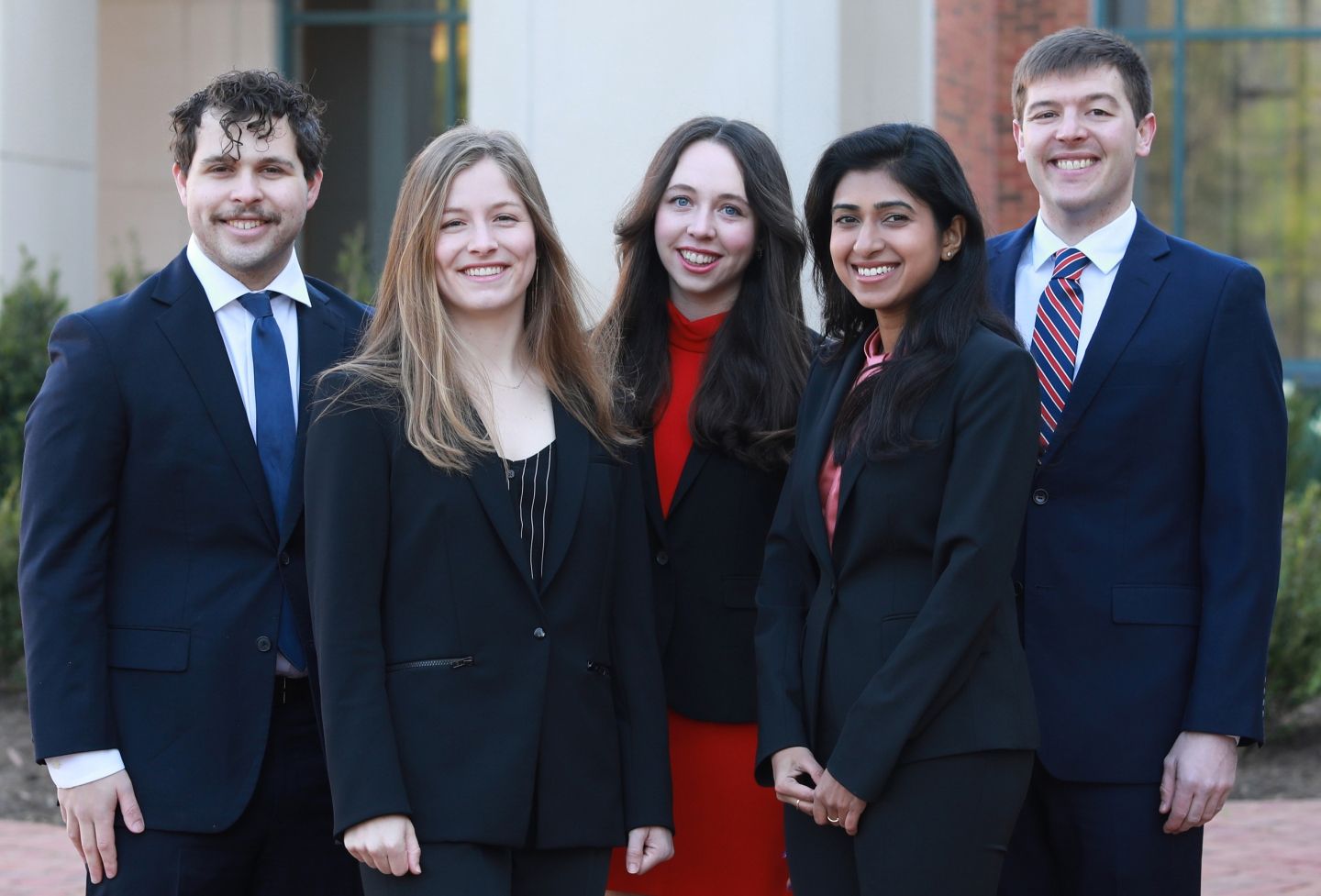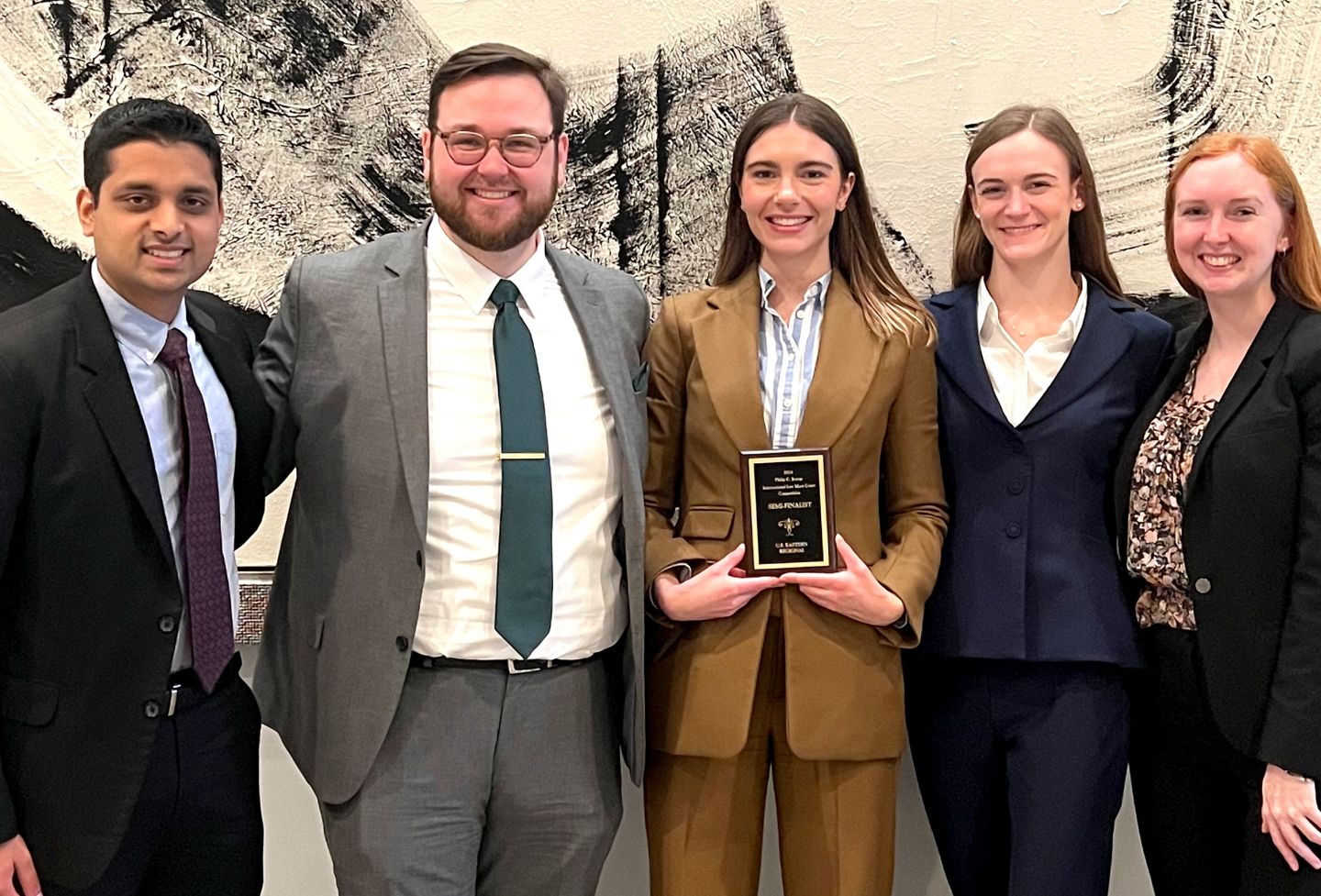Supreme Court Rules in Case that Included Work by International Human Rights Clinic Students
The U.S. Supreme Court ruled this week in favor of Somali victims of human rights abuses in a high profile case on which students in the International Human Rights Clinic have been working since the appeal was filed in the Fourth Circuit.

The case, Samantar v. Yousef, centered on whether former foreign government officials could be sued for acts of torture or if the Foreign Sovereign Immunity Act (FSIA) shields them.
Last fall, clinic students contributed to an amicus brief submitted by several congressional leaders in which they explained that applying FSIA protection to government officials such as former Somali Prime Minister Mohadem Ali Samantar would nullify the Torture Victim Protection Act (TVPA) passed in 1991. The amici included Sen. Arlen Specter, the original lead sponsor of the TVPA, and Rep. Sheila Jackson Lee '75.
The court ruled unanimously Tuesday that FSIA does not protect "natural persons" against lawsuits, remanding the case to the Eastern District of Virginia, where it will proceed on the basis of whether Samantar may benefit from common law or other doctrines of immunity, said Professor Deena Hurwitz, director of the International Human Rights Clinic.
"This is a real victory for human rights victims," Hurwitz said."Torture by definition is perpetrated by government officials. To have allowed sovereign immunity to shield them on the basis of acts amounting to violations of human rights while in office would have rendered the TVPA meaningless. With this decision, the Supreme Court has reinforced Congress' intent that torturers not be able to seek refuge in the United States."
Hurwitz and Alexa Taylor, a rising third-year student who worked on the case, traveled to the Supreme Court in March to hear oral arguments in the case.
"The correct interpretation of the text itself, based on both the structure of the text and the legislative history, is that sovereign immunity applies to states and their agents and instrumentalities, but is not meant to reach individuals. So individuals can still be held liable under the Torture Victim Protection Act," Taylor said in March.
Founded in 1819, the University of Virginia School of Law is the second-oldest continuously operating law school in the nation. Consistently ranked among the top law schools, Virginia is a world-renowned training ground for distinguished lawyers and public servants, instilling in them a commitment to leadership, integrity and community service.


